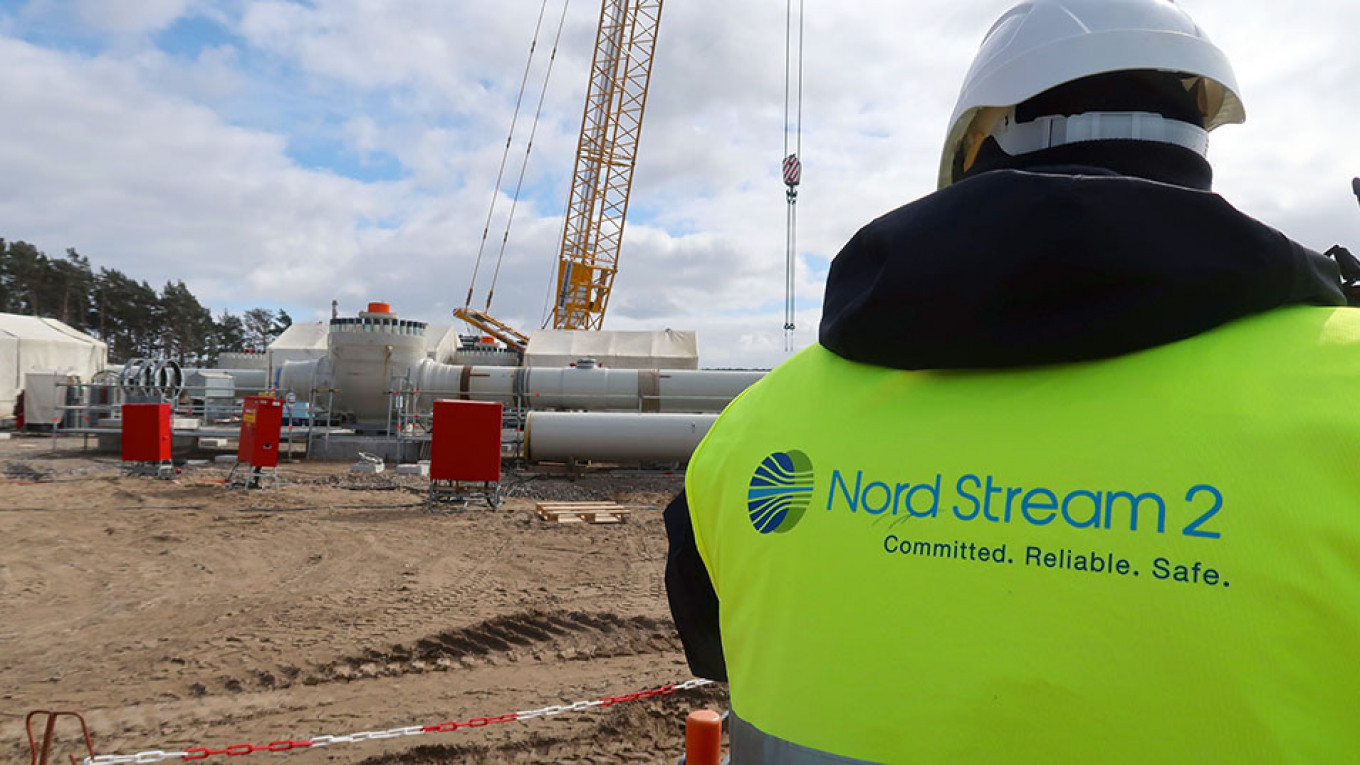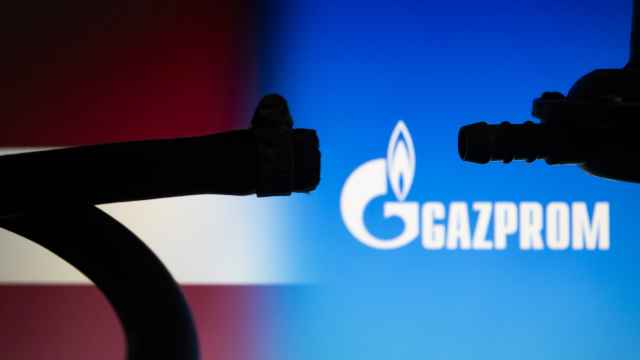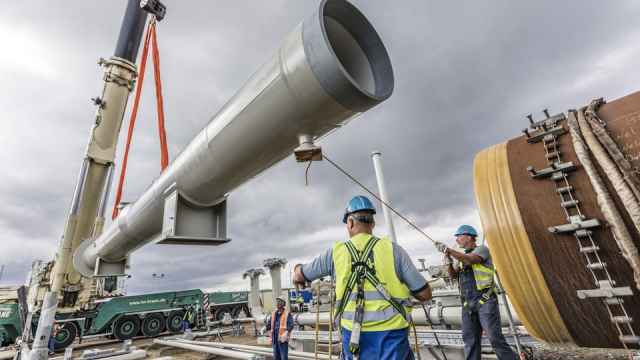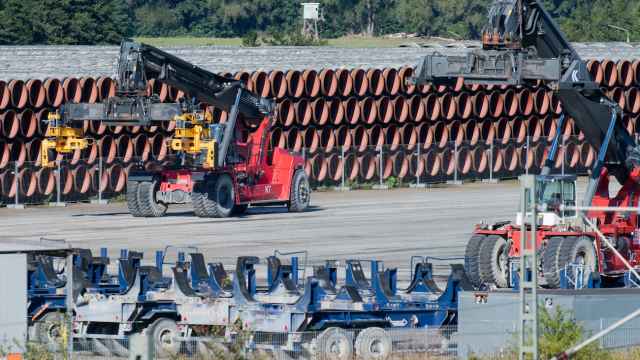Gazprom’s controversial Nord Stream 2 pipeline overcame another major obstacle to completion Monday, as Denmark granted permission for the pipeline to continue being laid with the use of less technologically advanced ships, potentially negating the impact of U.S. sanctions against the project.
The decision could allow Russia to complete the final 120 kilometer stretch of pipeline through Danish waters using its own vessels. Construction was put on hold in December 2019 after the U.S. introduced sanctions against the project which effectively blocked western companies from providing vessels to lay pipelines.
Swiss group Allseas had previously provided self-positioning vessels to lay the 1,230 kilometer pipeline through the Baltic Sea, but quit in December ahead of the introduction of U.S. sanctions.
Denmark’s Energy Agency agreed Monday that Nord Stream 2 could use pipe-laying vessels with an anchor, rather than those only with advanced self-positioning technology as outlined in the original permit for the project.
“The change means that [Nord Stream 2] can use pipe-laying vessels with anchors, either independently or in combination with self-positioning pipe-laying vessels,” the agency said.
Russia could now complete the project using its own vessels, such as the Akademic Cherskiy, which is currently docked in German waters in the Baltic, having set sail from Russia’s Far East port of Nakhodka in February, or another pipe-laying ship, the Fortuna, which is also located in the Baltic.
The Akademik Cherskiy is more than three times slower than the vessels that were being used by Allseas, according to Independent Commodity Intelligence Services — meaning the final stretch would take more than three months to complete.
Nord Stream 2 has been a major source of contention in the relationship between the U.S., Europe and Russia. The U.S. wants to block the initiative, as it believes it will increase Europe’s reliance on Russian energy and decrease its energy security. Poland and Ukraine are among the European countries which stand to lose lucrative gas transit fees should the project — which can ship gas directly from Russia to Germany — come online. Meanwhile, German Chancellor Angela Merkel has questioned the legal basis for U.S. sanctions against the pipeline and said it is “right” that the project is completed.
A bipartisan group of U.S. senators led by Ted Cruz is still trying to block the project from being completed, having drafted tough new legislation which threatens sanctions on any firm involved in laying the final stretch of pipeline. The new sanctions would extend beyond vessel-owners to companies which provide insurance, reinsurance, technology, equipment, tethering facilities or port facilities to any vessel involved in the completion of the project.
A Message from The Moscow Times:
Dear readers,
We are facing unprecedented challenges. Russia's Prosecutor General's Office has designated The Moscow Times as an "undesirable" organization, criminalizing our work and putting our staff at risk of prosecution. This follows our earlier unjust labeling as a "foreign agent."
These actions are direct attempts to silence independent journalism in Russia. The authorities claim our work "discredits the decisions of the Russian leadership." We see things differently: we strive to provide accurate, unbiased reporting on Russia.
We, the journalists of The Moscow Times, refuse to be silenced. But to continue our work, we need your help.
Your support, no matter how small, makes a world of difference. If you can, please support us monthly starting from just $2. It's quick to set up, and every contribution makes a significant impact.
By supporting The Moscow Times, you're defending open, independent journalism in the face of repression. Thank you for standing with us.
Remind me later.






